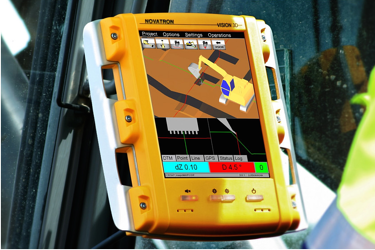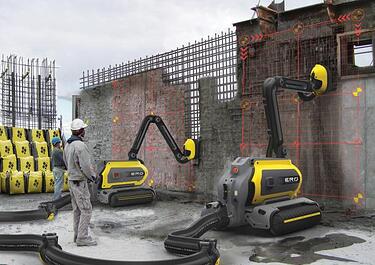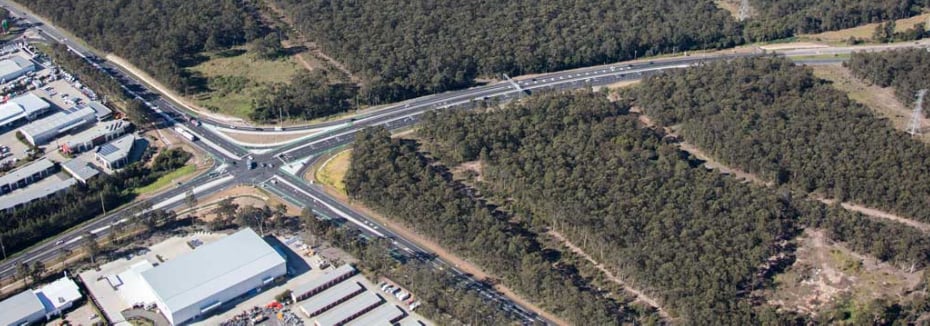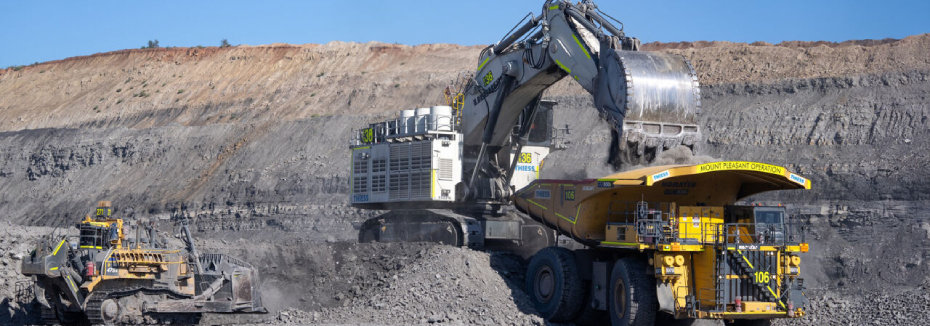5 inescapable "truths" changing the way your construction company operates

As the construction industry evolves, five unavoidable trends have taken hold and will factor into your business operations and outlook for the foreseeable future.
The team at forconstructionpros.com have recently explored what it means to be living in an age of technological revolution, and how it affects the construction environment. Check out their five "truths" below.
1. Technology adoption is no longer optional, but mandatory
Whether you like it or not, technology implementation is now a necessity to effectively complete in today's business climate. in a growing number of cases, it's being driven by specific project requirements or by client demands for greater transparency between project stakeholders. 
Depending on your business focus, technology implementation could take one or more oft he following forms (among others):
- Building Information Modeling (BIM)
- Cloud computing
- Project management software or other “paper-eliminating” programs
- Procurement management software
- Equipment management/monitoring systems (telematics)
- GPS-based (3D) equipment automation
- Mobile apps for developing on-site estimates or bids, remotely tracking material location and costs, recording employee hours in real time, monitoring jobsite and equipment security, etc.
2. Equipment is becoming increasingly complex
The complexity of modern powertrains and the electronics that control them have made telematics a necessity to the point that many equipment manufaturers now offer systems as standard on mid-sized and larger models (where the cost is more readily justified). As a result, fleet managers and service technicians have spent the past few years scrambling not only to keep up with the changing designs and related service needs, but the systems required to digitally monitor and manage equipment operation and maintenance.
Of course, with the downsides, there have been positive gains from emissions regulations, as well. In addition to environmental benefits, the electronics needed to ensure diesels achieve regulatory compliance have enabled enhanced controllability and integration of various systems within machines, facilitating expanded functionality and the ability to tailor operating parameters to both the task and the operator. More features mean today’s operators require further training, however, to ensure they utilize these abilities to optimum advantage for faster ROI, and to minimize the risk of damage to sensitive, and costly to repair, internal systems/components.
3. Jobsites will become more mechanised
 Plant and equipment hire has become an increasingly acceptable means in Australia to access that equipment at a reasonable, and predictable, price without the need for a long-term commitment. In addition, there is a broader range of equipment types on the market, many of which are designed for multiple applications and/or attachment flexibility and offer the potential to reduce the number of workers and/or machines required on site.
Plant and equipment hire has become an increasingly acceptable means in Australia to access that equipment at a reasonable, and predictable, price without the need for a long-term commitment. In addition, there is a broader range of equipment types on the market, many of which are designed for multiple applications and/or attachment flexibility and offer the potential to reduce the number of workers and/or machines required on site.
Much as in manufacturing, robotics are sure to emerge on construction projects as a replacement for hand labor in certain repetitive tasks. While many high-tech devices achieving viral status on social media sites will never see light of day on an actual jobsite, others – such as 3D printing of materials or structures – have more serious potential for real-world application.
4. Efficient data management is crucial
Telematics have made real-time data capture a reality for equipment fleets, and cloud computing has enabled broader storage capability and ready access by multiple parties to the reams of data generated.
The challenge is how to sift through this data to identify pertinent information and interpret it into what’s meaningful for your business (such as machine hours worked per day). Equipment manufacturers and their dealer networks are willing to assume that responsibility, but typically at a cost. This has led some forward-thinking construction firms to create new roles within their organisations centered specifically on data management. These “data experts” are tasked with analyzing the broad influx of data to identify trends and actionable items and convey that information to the appropriate personnel in the field.
5. Training and education are essential to stay in the game
 Education on the changes taking place in the industry and within your own organisation is essential. Stay abreast of the tools and technologies out there and conduct research to determine what makes the most sense for your operations. Learn lessons from the early adopters. Be proactive when it comes to educating yourself and your employees both before and after adoption. Once implemented, proper training is vital to minimise the risk of failure, under-utilisation or under-performance.
Education on the changes taking place in the industry and within your own organisation is essential. Stay abreast of the tools and technologies out there and conduct research to determine what makes the most sense for your operations. Learn lessons from the early adopters. Be proactive when it comes to educating yourself and your employees both before and after adoption. Once implemented, proper training is vital to minimise the risk of failure, under-utilisation or under-performance.
The days of paper forms and spreadsheets, "grease monkey" service technicians and "dumb" machines are long gone. It’s time to seriously investigate those tools and technologies that can enhance your business efficiency and profitability, or you risk lagging behind in an environment where it will only prove increasingly difficult to catch up.
Are there any other "truths" that construction companies can no longer afford to ignore? We'd love to hear from you! Share your thoughts by leaving a comment below.

Recent Articles
Significant milestone reached on M1 Pacific Motorway extension project
The M1 Pacific Motorway extension to Raymond Terrace project in New South Wales has reached a significant milestone with the final pile driven to complete foundation works on the 11 new bridges being built between Black Holl and Raymond Terrace.
Preferred delivery partners chosen for two hospital projects in WA
Preferred alliance delivery partners have been announced to progress design and development of two new healthcare facilities in Western Australia.
Thiess secures new mining services contract for Mount Pleasant Opeations
Thiess, a subsidiary of the CIMIC Group, has secured a six-year contract with MACH Energy for mining services at the Mount Pleasant Operation in New South Wales.
Get the latest project news
- updates on Australia's pipeline of state and federal projects
- fresh contract awards from major contractors and builders
If you're looking to contact us about other matters, please contact us.





